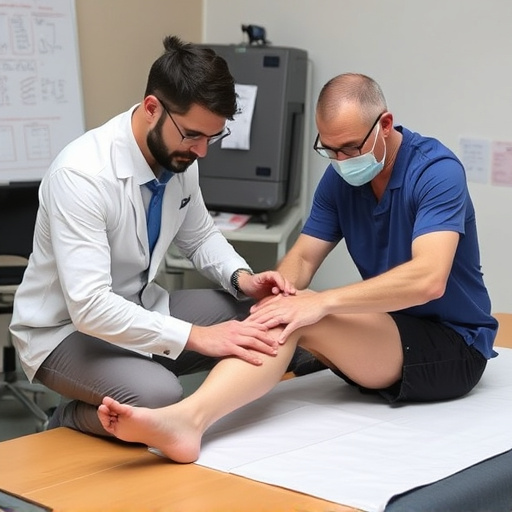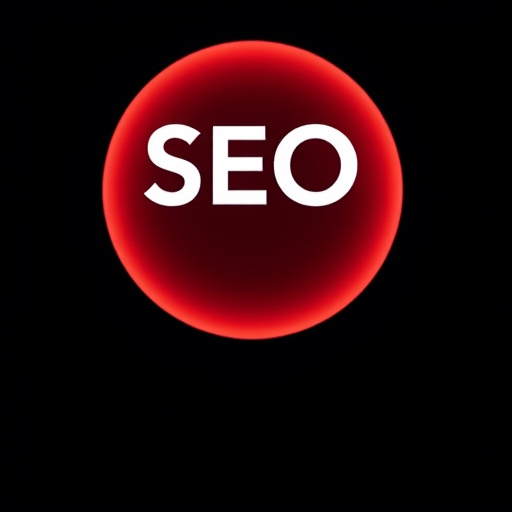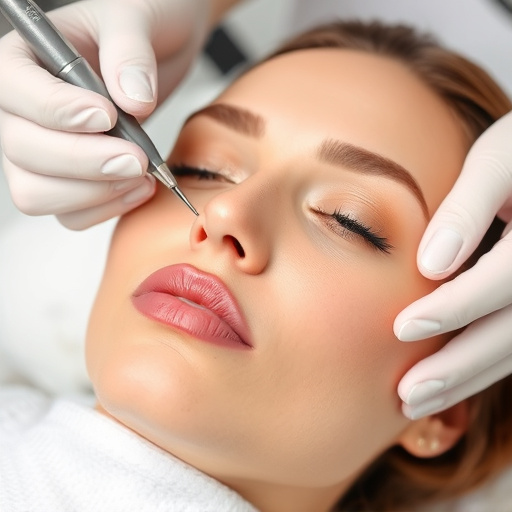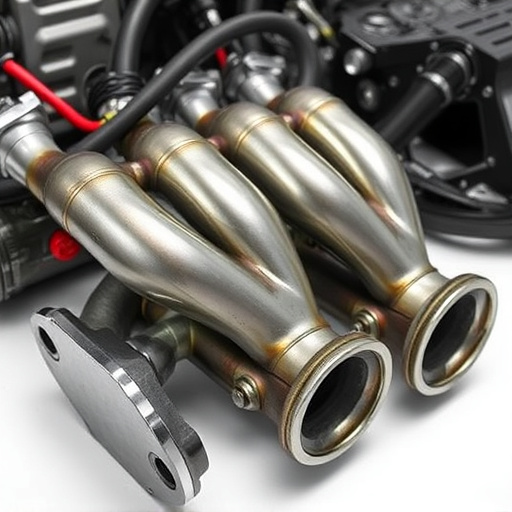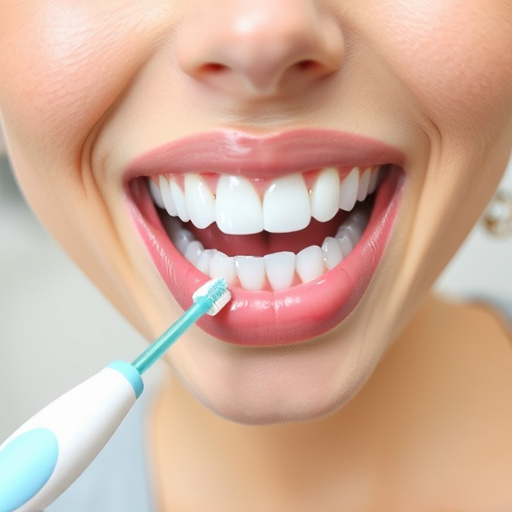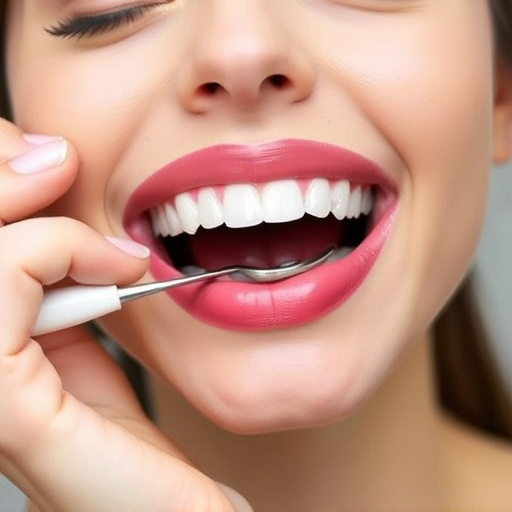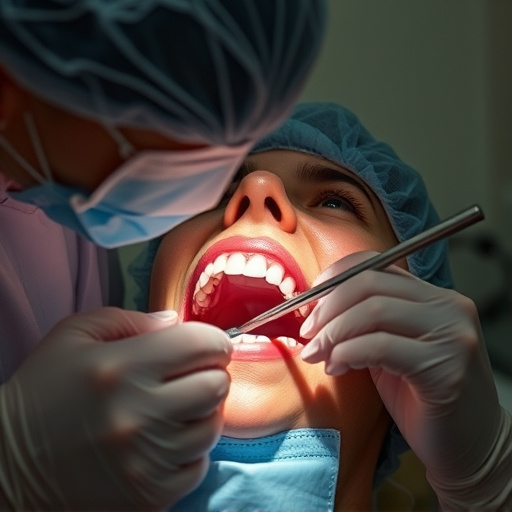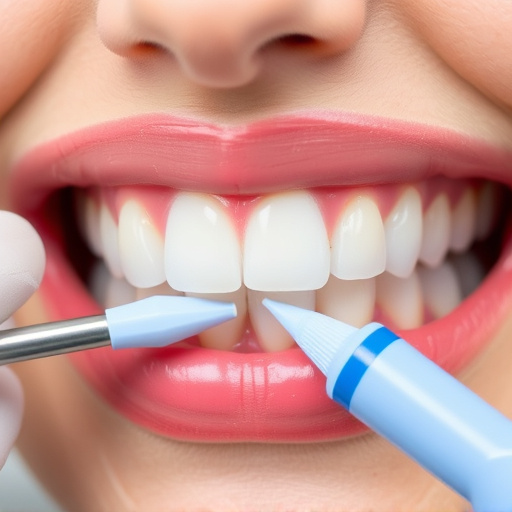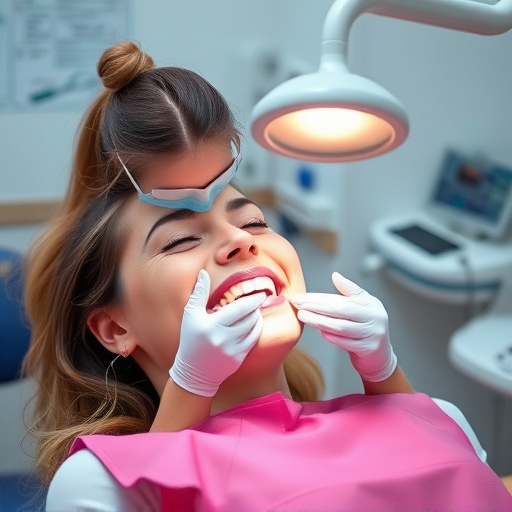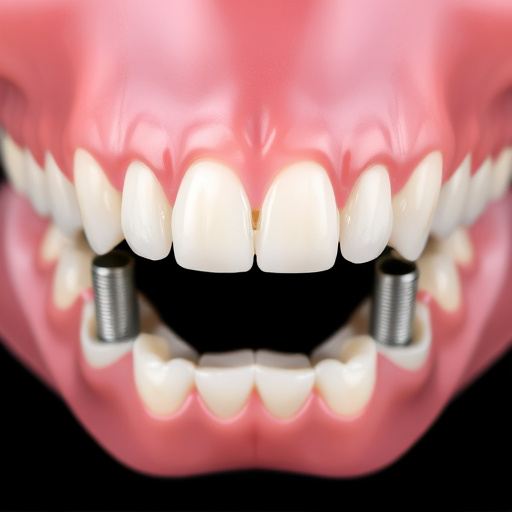A multilingual dental staff enhances access and quality of care for diverse communities by overcoming communication barriers, fostering trust, accommodating cultural needs, and improving patient satisfaction. This approach is crucial for addressing language issues in dental care, from routine cleanings to complex procedures, ensuring personalized attention tailored to individual needs.
In today’s diverse communities, connecting with patients from various linguistic backgrounds is essential for providing inclusive dental care. This article explores the transformative power of multilingual dental staff in expanding access to oral health services. We delve into the challenges posed by language barriers and present practical solutions that enhance patient experiences, ensuring quality care for all. By embracing multilingual teams, dental practices can create a welcoming environment, foster trust, and significantly improve community outreach.
- Multilingual Staff: Expanding Dental Care Reach
- Language Barriers: Challenges and Solutions
- Patient Experience: Benefits of Multilingual Teams
Multilingual Staff: Expanding Dental Care Reach
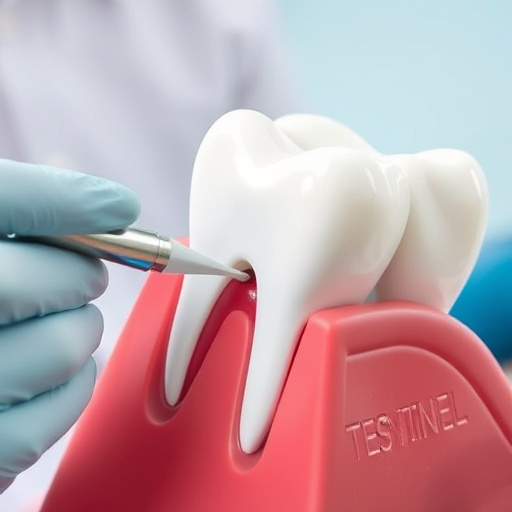
Having a multilingual dental staff is a game-changer in expanding access to quality dental care for diverse communities. In today’s multicultural society, many patients speak languages other than English at home, which can create barriers when seeking dental services. By employing dentists and support staff who are fluent in multiple languages, dental practices can break down these communication hurdles.
This approach ensures that every patient, regardless of their background, receives personalized and understandable care. It enables dental professionals to provide preventive dentistry and perform essential tooth repair procedures effectively, fostering trust and comfort among the diverse patient population. Moreover, a multilingual staff can cater to various cultural needs, offering services tailored to specific ethnic groups, thereby promoting a welcoming atmosphere in what might otherwise be seen as a daunting medical environment, especially for families new to the area or with limited English proficiency.
Language Barriers: Challenges and Solutions
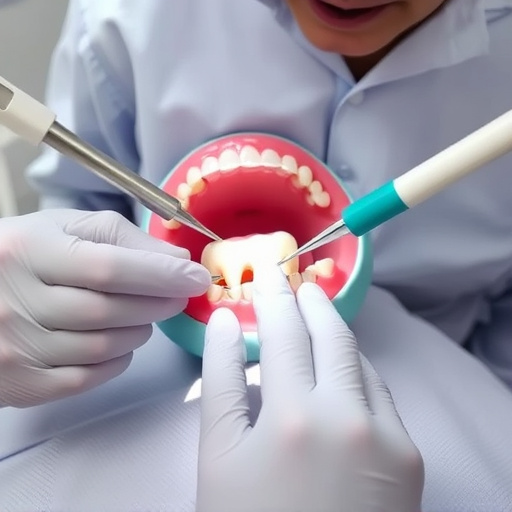
Language barriers can significantly impact patient care and satisfaction, especially in diverse communities. When patients and dental professionals speak different languages, effective communication becomes a challenge. This issue can lead to misunderstandings, misdiagnoses, and an overall poor experience for patients, potentially causing them to seek services elsewhere. For instance, a simple routine oral exam or dental cleaning may become complicated if the patient cannot convey their symptoms or concerns clearly.
However, integrating a multilingual dental staff is a powerful solution. With team members fluent in various languages, practices can cater to a broader patient base. This approach ensures that every patient receives the necessary care and education about their oral health, regardless of their linguistic background. It also fosters trust and comfort, encouraging patients to address issues promptly, whether it’s a regular check-up like dental cleanings or more complex procedures like dental bonding.
Patient Experience: Benefits of Multilingual Teams
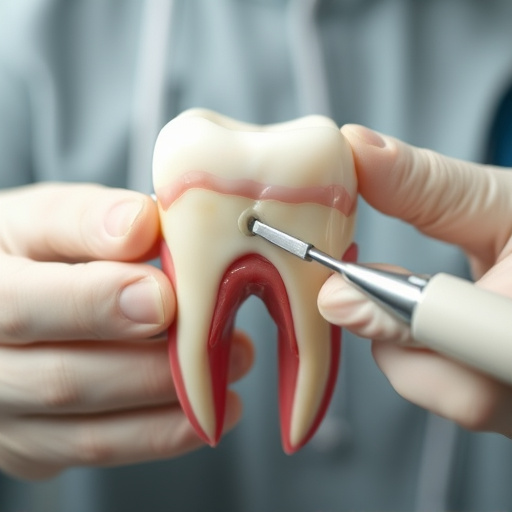
Having a multilingual dental staff significantly enhances the patient experience, especially in diverse communities. When patients can communicate openly with their caregivers in their native language, it fosters trust and comfort. This is crucial during procedures like teeth cleaning or tooth extractions, where clear understanding and consent are vital. A multilingual team ensures that every patient receives comprehensive dental care tailored to their needs, breaking down language barriers and promoting better health outcomes.
Moreover, this approach enables dentists to provide more personalized service, respecting cultural nuances and ensuring patients feel heard and understood. This can lead to increased patient satisfaction and loyalty, as well as improved adherence to treatment plans. In a world where access to quality dental care should be equitable, multilingual staff play a pivotal role in reaching and serving a broader patient base effectively.
By addressing language barriers with multilingual dental staff, practices can significantly enhance patient experience and accessibility. This approach not only connects with a diverse range of patients but also fosters trust and satisfaction. Incorporating such inclusive strategies is essential for modern dental care, ensuring that quality oral health services are accessible to all, regardless of linguistic background.

